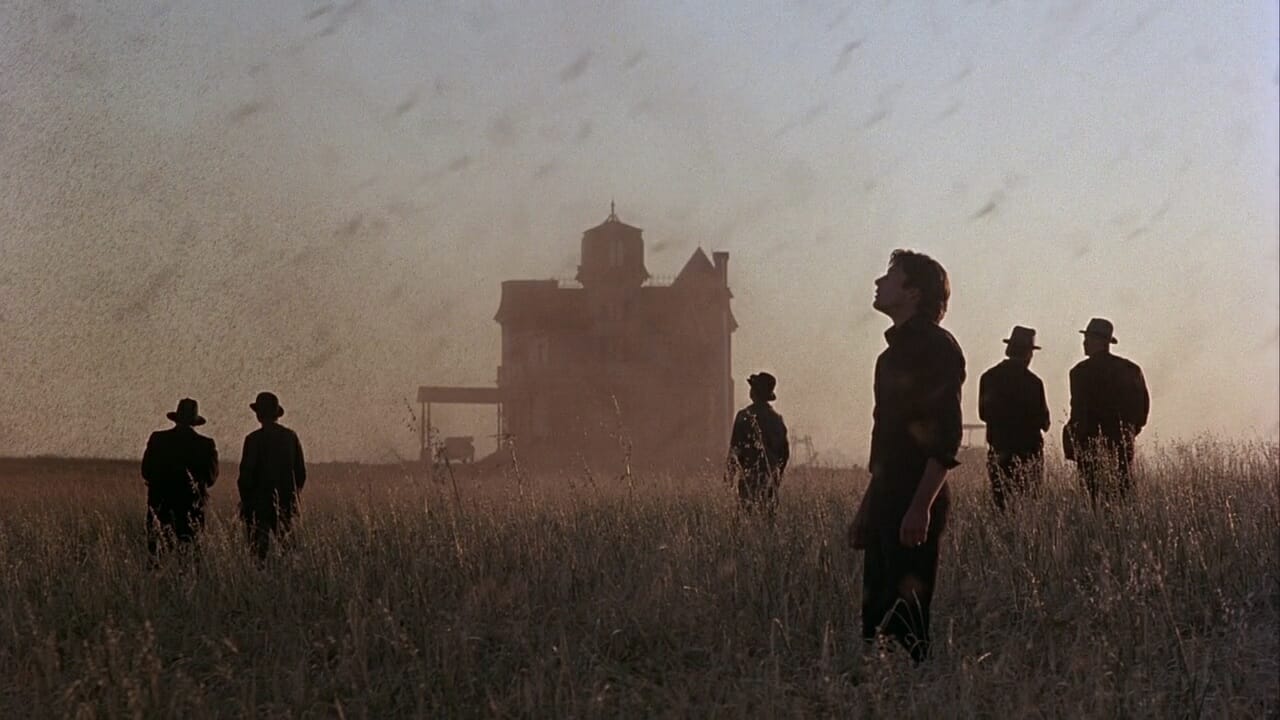-
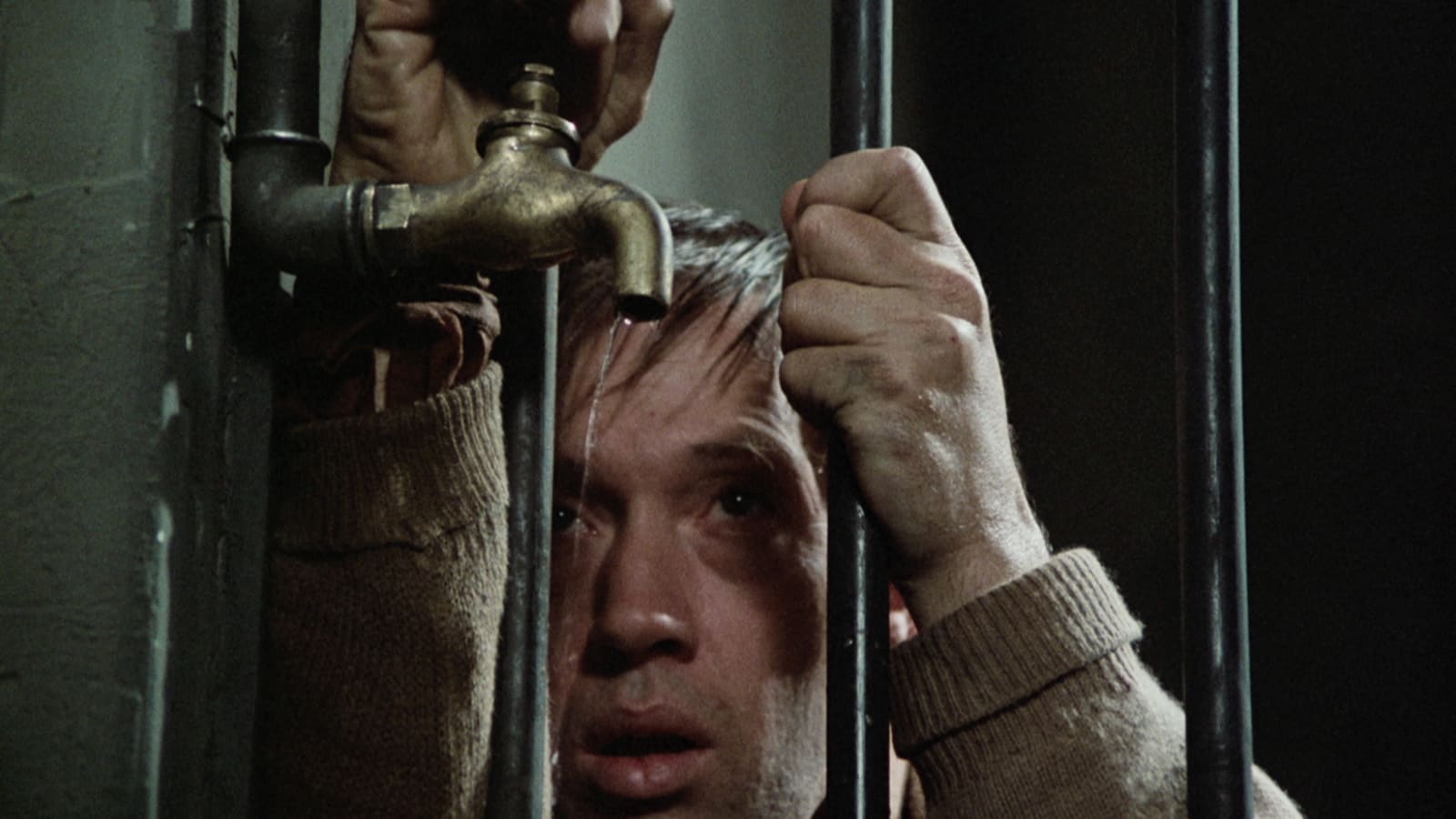
The Serpent’s Egg (1977)
Even as The Serpent’s Egg marks a strange departure from Ingmar Bergman’s usual screenwriting strengths, the bleak tension he builds in his 1920s Berlin setting can’t be denied, witnessing the birth of fascism amid dystopian landscapes of fear, starvation, and corruption.
-
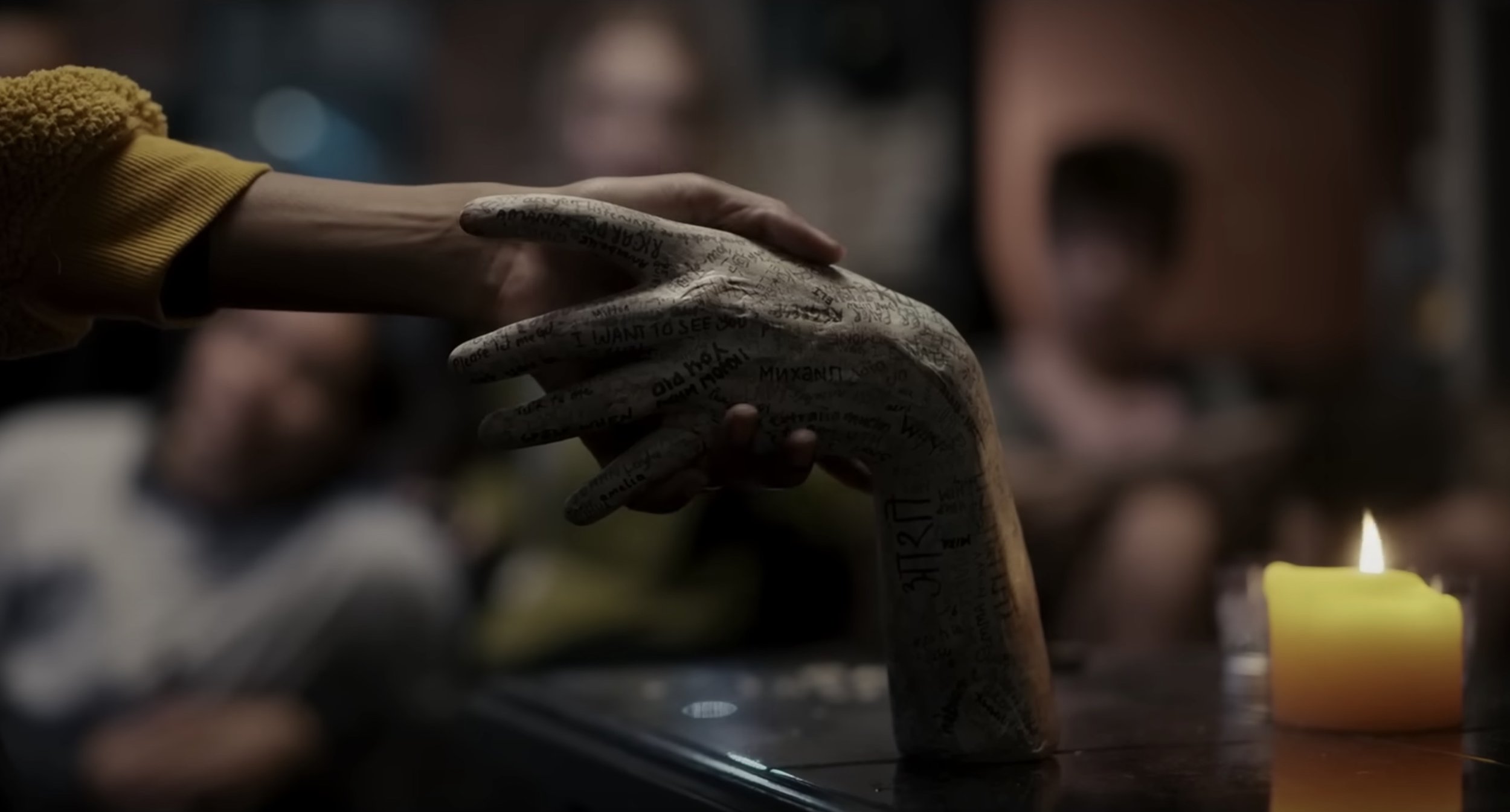
Talk to Me (2022)
The mysterious, embalmed hand that invites deceased spirits into the minds of teenagers makes for a dangerous party drug in Talk to Me, as well as a terrifying metaphor that the Philippou brothers tease out with an uneasy subjectivity, haunting those who can’t seem to tear themselves away from its supernatural intoxication.
-
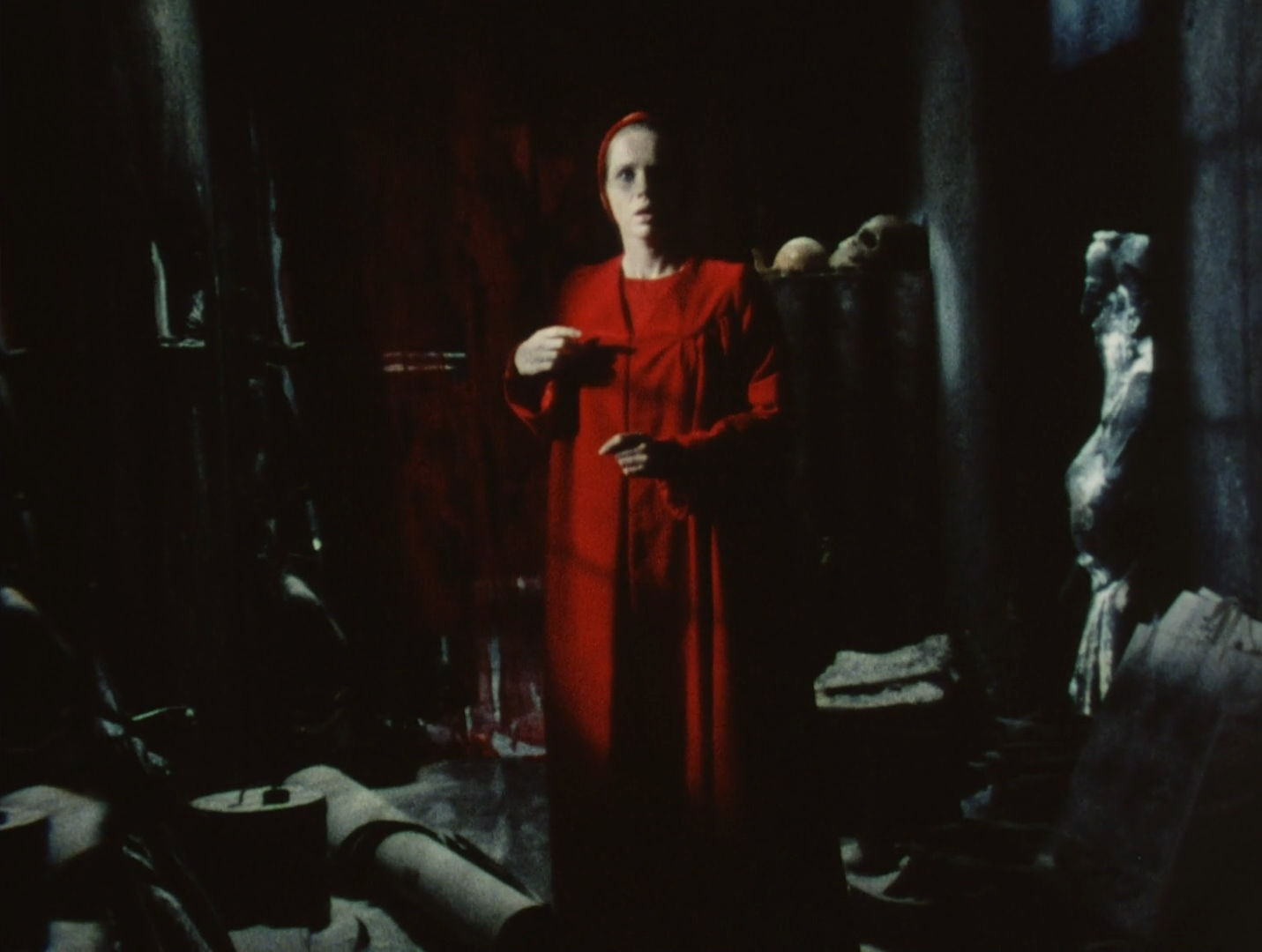
Face to Face (1976)
Even by Ingmar Bergman’s standards, Dr Jenny Isaksson’s characterisation is layered with immense psychological depth in Face to Face, treading a fine line between realism and surrealism as her childhood traumas, insecurities, and mortal fear of death chaotically rise to the surface after years of emotional repression.
-
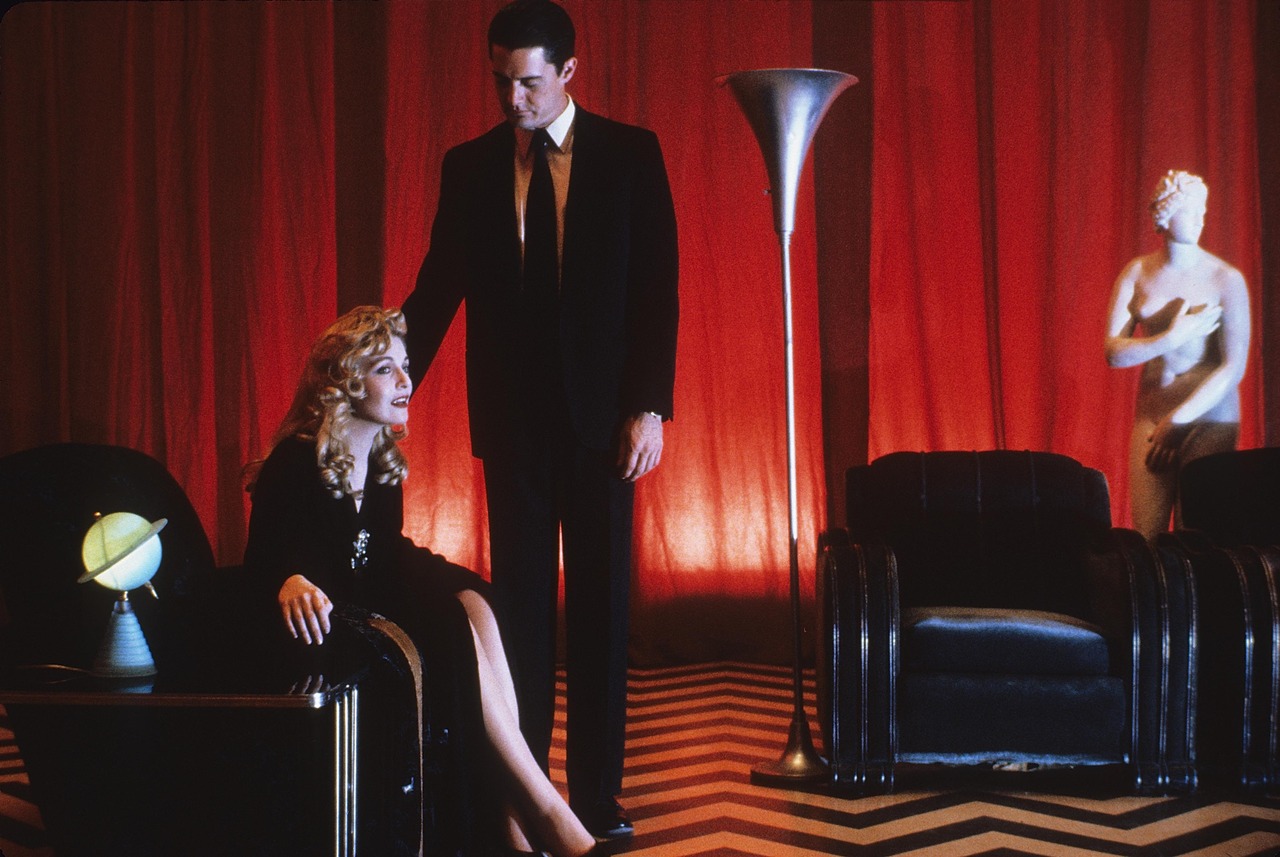
Twin Peaks: Fire Walk with Me (1992)
Salvation is but a distant dream for doomed prom queen Laura Palmer in Twin Peaks: Fire Walk with Me, even as its shallow façade casts a sleepy spell over her blissfully deluded town, letting this all-American sweetheart spiral into a tragic self-destruction brought on by unresolved traumas drawn out through David Lynch’s surreal, psychological horror.
-

Oppenheimer (2023)
Just as the tiniest of quantum processes may produce explosive reactions, so too does the father of the atomic bomb set off seismic ripples across human history in Oppenheimer, and from beneath his shadow Christopher Nolan whisks us forward through a relentlessly non-linear narrative to witness the tortured Destroyer of Worlds emerge out the other…
-
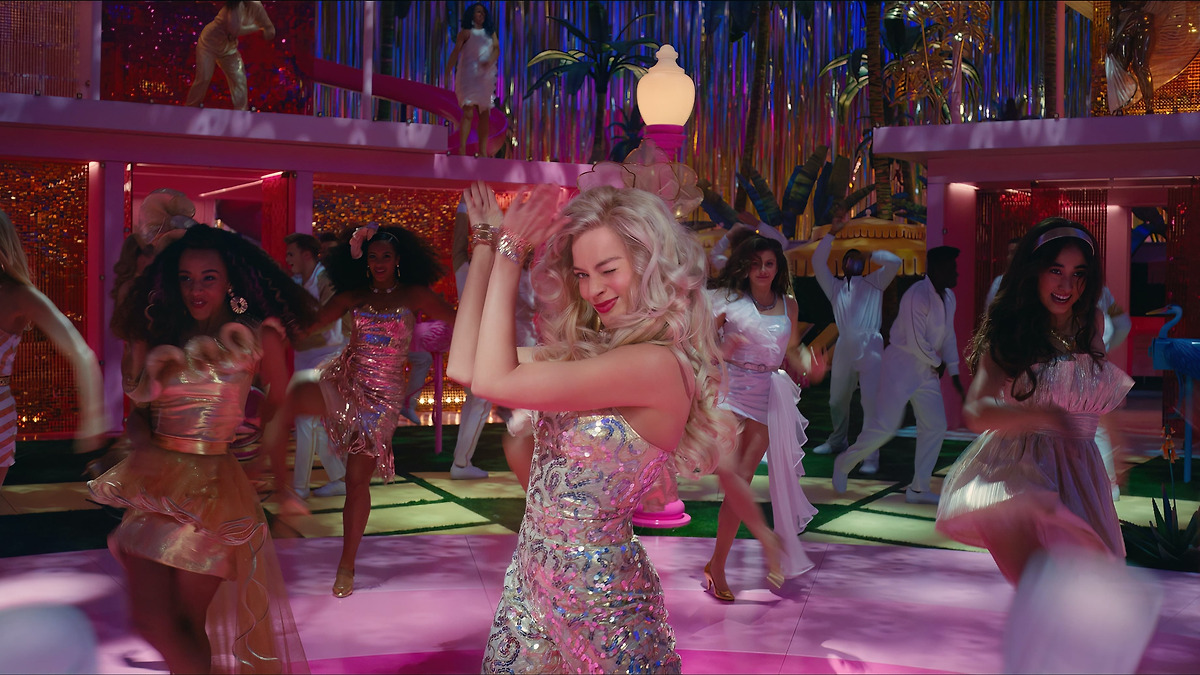
Barbie (2023)
Armed with self-aware humour and a kitschy production design, Greta Gerwig delivers a camp visual treat in Barbie, balancing a feminist interrogation of the doll’s controversial place in pop culture against the innocent, whimsical joy of everything it was intended to represent.
-
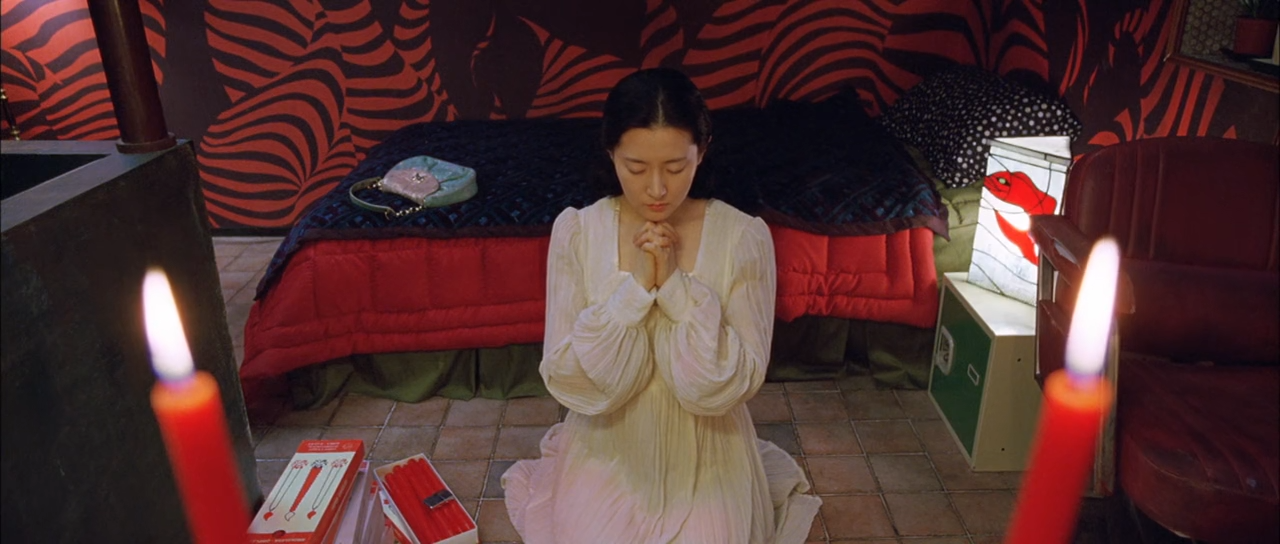
Lady Vengeance (2005)
The loss of innocence is no small tragedy in Lady Vengeance, and yet there is an elegant restraint to one ex-convict’s retribution against the serial killer who groomed and framed her, further drawn through Park Chan-wook’s stylish aesthetic as he considers the destructive co-dependency of purity and corruption.
-
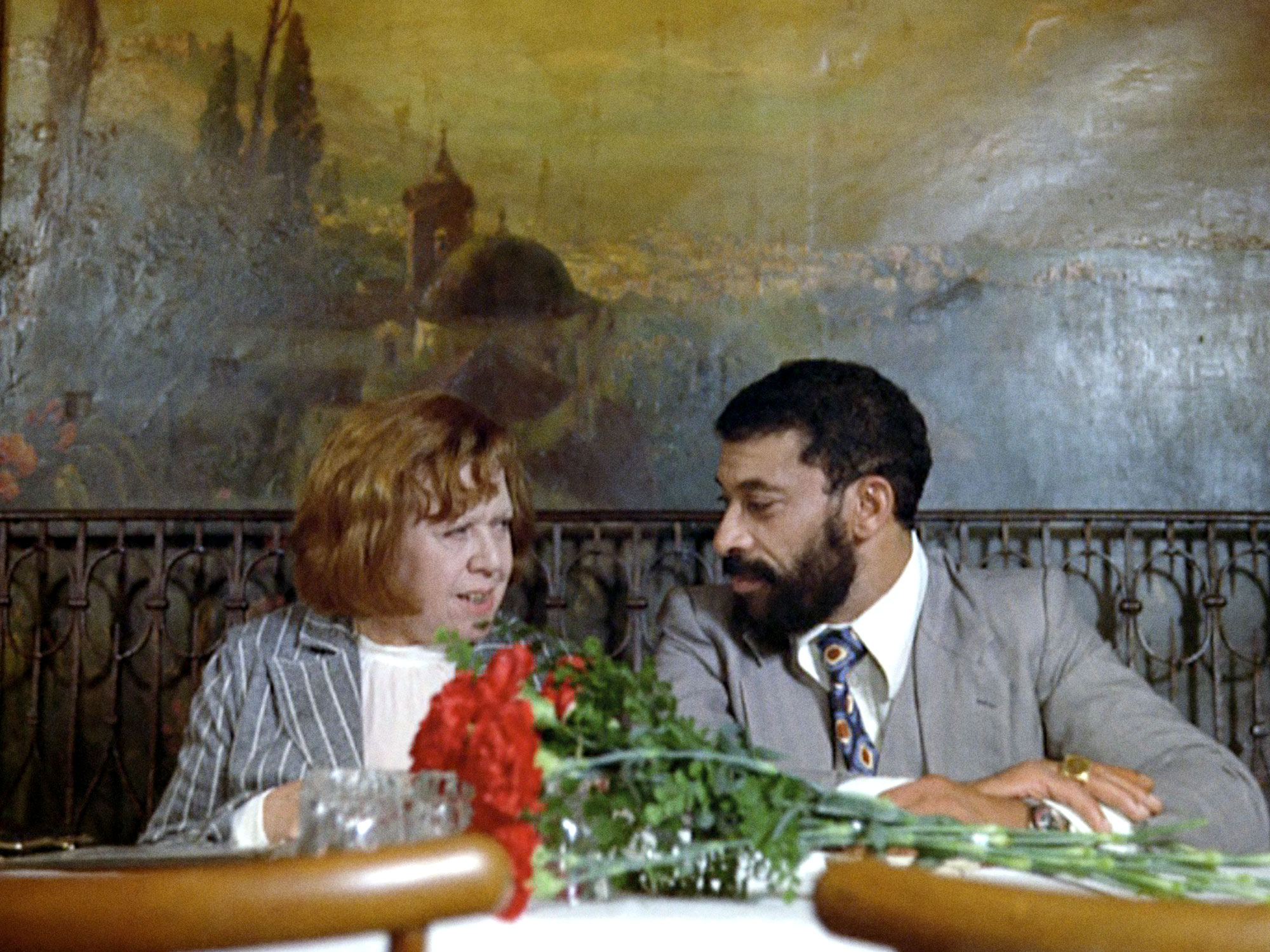
Ali: Fear Eats the Soul (1974)
Within the tight doorframes and behind the railings that Rainer Werner Fassbinder hems his characters into, the interracial romance of Ali: Fear Eats the Soul is confined to a liminal space between domestic and public life that refuses to separate one from the other, merging melodrama and realism to craft an ineffable moral fable of…
-
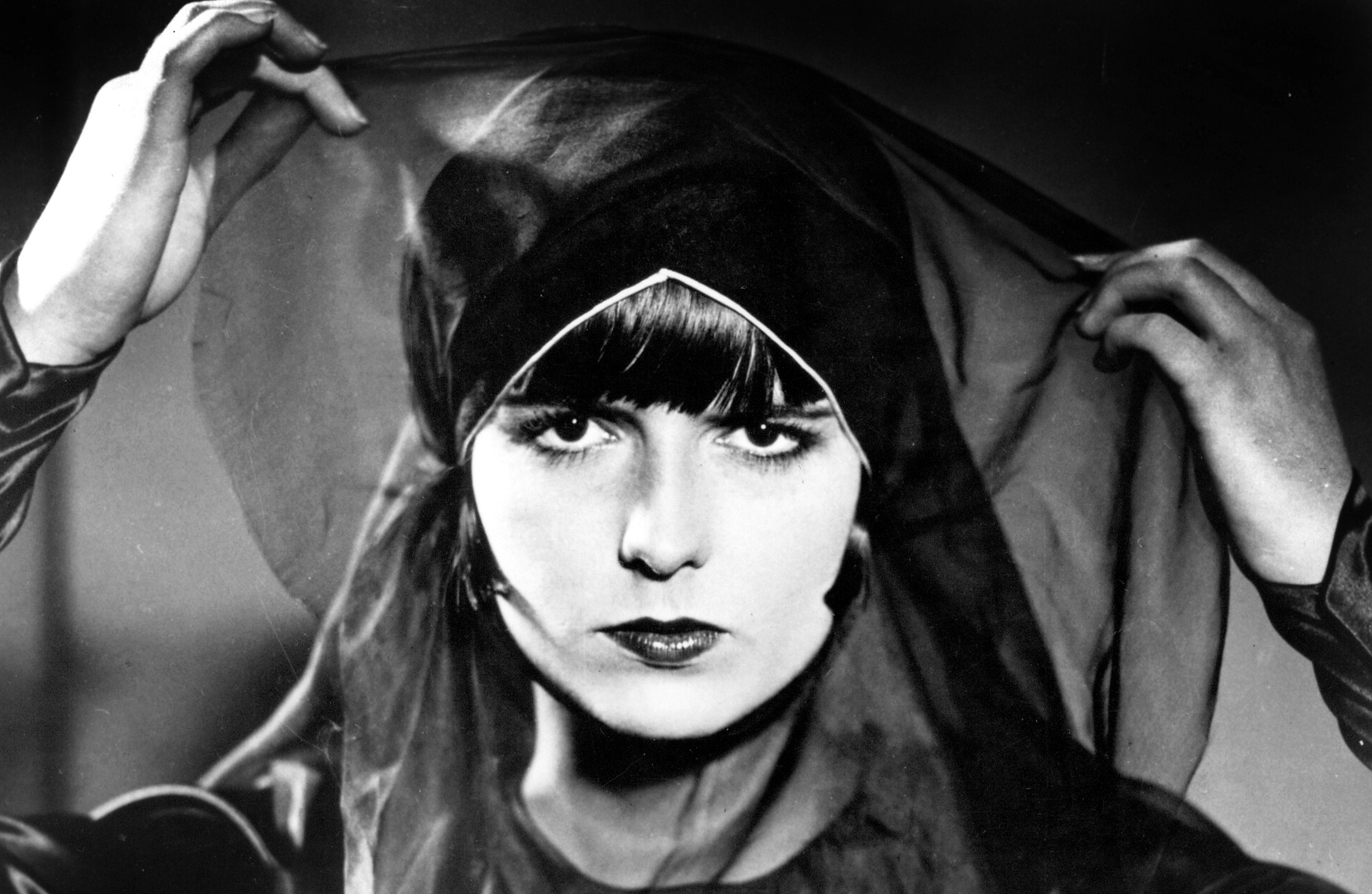
Pandora’s Box (1929)
In the delicate hands of G.W. Pabst, this fable of female scapegoating develops beguiling nuances in its thoughtful characterisations, unequivocally rejecting clear-cut labels of vamps and virgins baked into the history of mythological storytelling, yet never failing to draw us deeper into Louise Brooks’ dazzling feminine thrall.
-
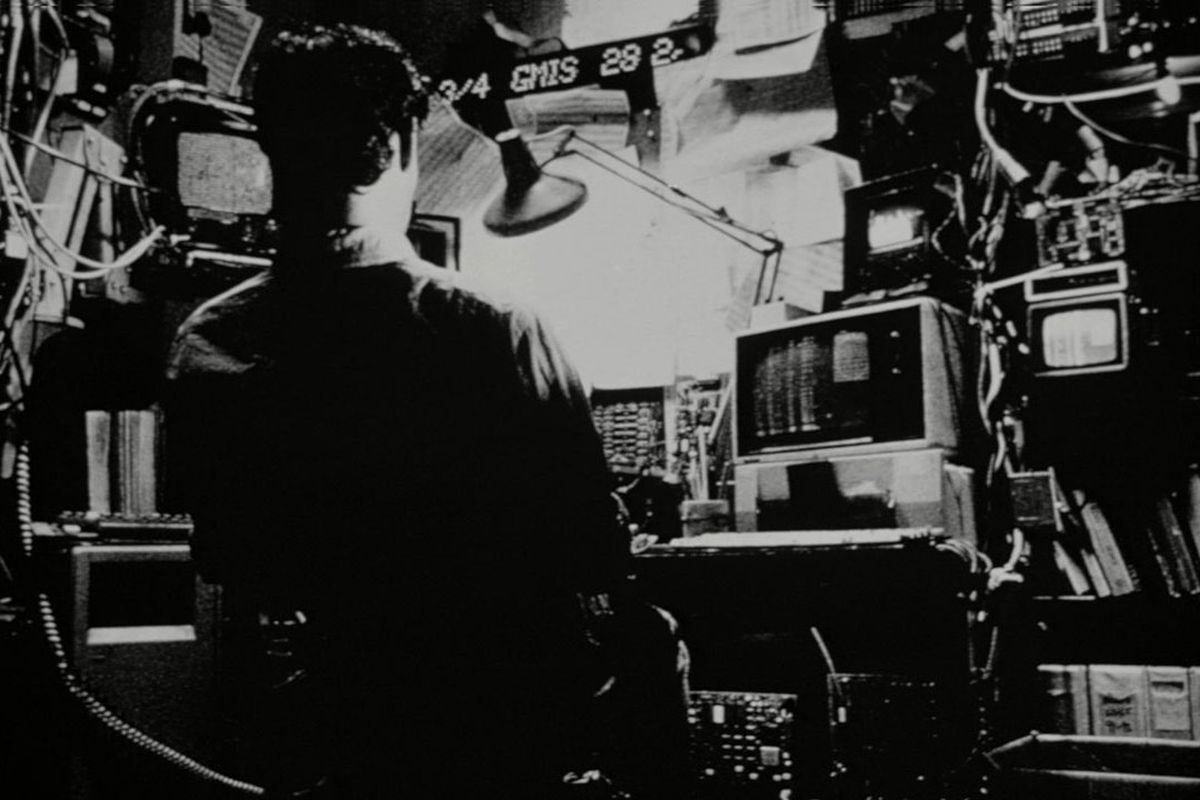
Pi (1998)
True order is found not by trying to penetrate a complex universe in Pi, but rather by accepting its dazzling, wondrous incomprehensibility, as Darren Aronofsky conducts a character study of psychedelic focus that submits us to one mathematical genius’ delusional obsessions.
-
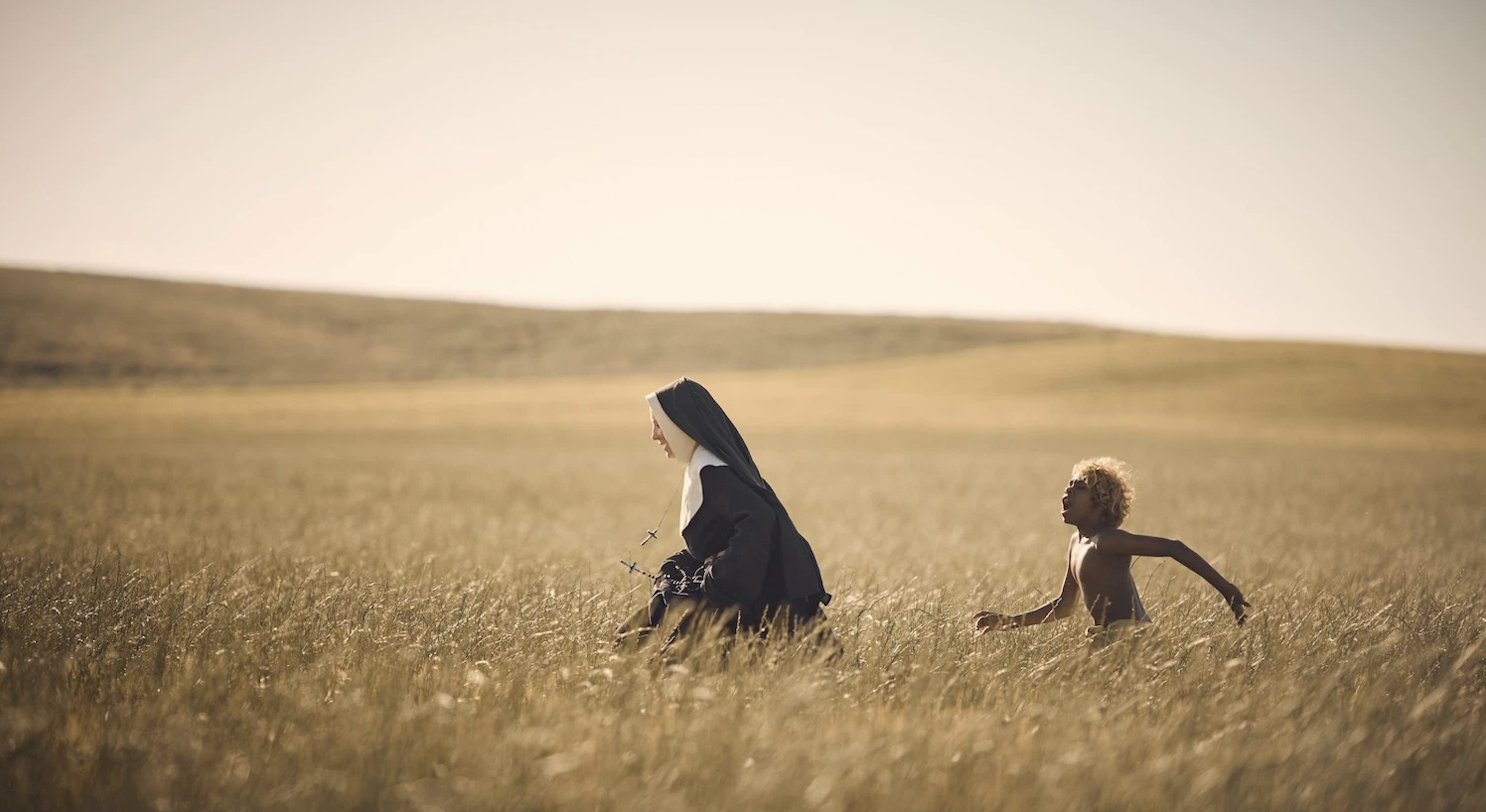
The New Boy (2023)
As the mystical powers of one mute Indigenous Australian boy begin to emerge within a 1940s Catholic orphanage in The New Boy, Warwick Thornton delicately weaves a magical realist allegory of spirituality, assimilation, and colonialism’s stranglehold on ancient cultures, set against the backdrop of the beautifully unfathomable outback.
-

Scenes From a Marriage (1973)
Ingmar Bergman uses six isolated episodes of Johan and Marianne’s married life to piece together a collage of a fragmenting relationship in Scenes From a Marriage, turning their divorce not into a battle of husband versus wife, but rather lovers versus the space between them.
